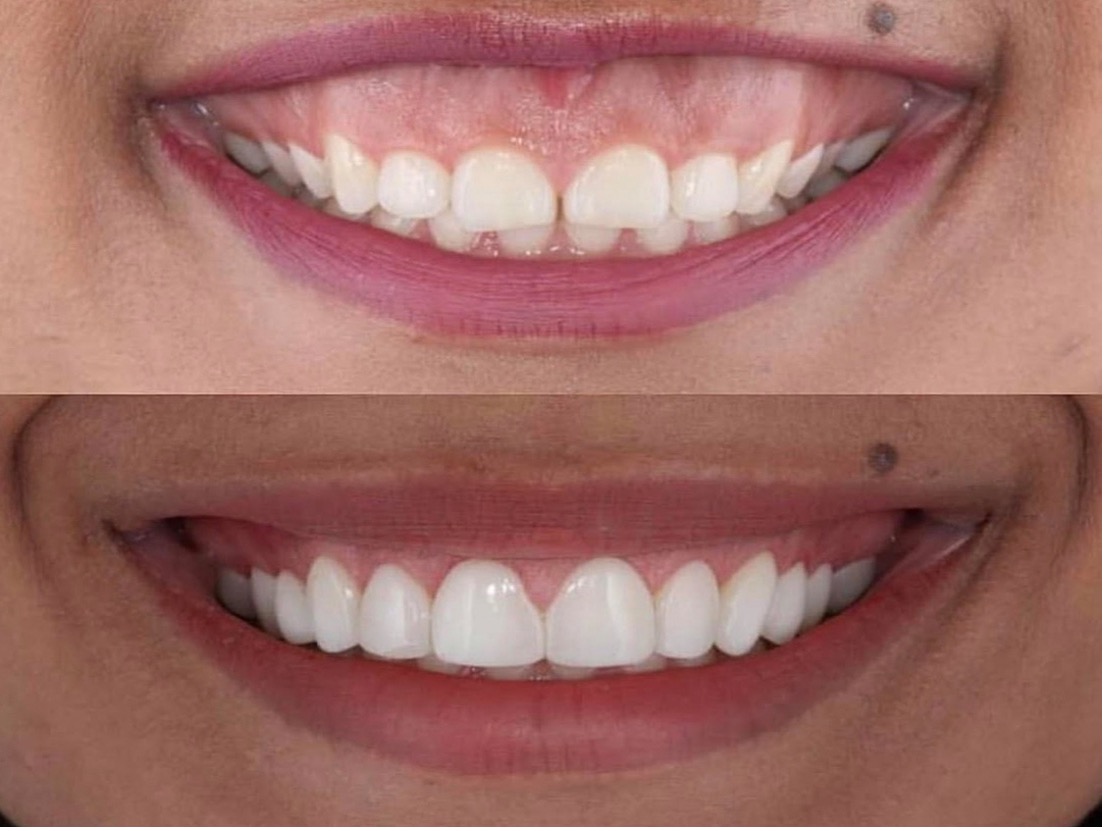The dentist’s office often evokes a sense of apprehension, with the sounds of drills and the perceived potential for discomfort. But modern dentistry is constantly innovating, and one tool consistently gaining traction is the dental laser.
In this issue, we will discuss how laser dentistry can positively impact your dental choices and experiences.
Lasers, which stand for Light Amplification by Stimulated Emission of Radiation, are becoming increasingly common in dental practices. They emit a concentrated beam of light that can be used for various procedures, offering potential benefits for both patients and dentists.
How Do Dental Lasers Work?
There are different types of dental lasers, each with its specific wavelength and function. When the laser beam interacts with tissue, it can vaporize it, act as a disinfectant, or stimulate healing. This allows dentists to perform precise procedures with minimal or no bleeding and much lower discomfort.
What Procedures Can Lasers Be Used For?
Dental lasers offer a range of applications, including:
- Treating tooth decay: Lasers can remove small cavities with minimal drilling, potentially eliminating the need for local anesthesia. Additionally, the laser can help sterilize the area, reducing the risk of future decay.
- Gum disease treatment: Lasers can precisely remove inflamed gum tissue during periodontal procedures. This can lead to improved healing and a more comfortable experience for the patient.
- Frenectomy: A frenectomy is a procedure to remove a tight band of tissue (frenulum) that can restrict tongue or lip movement. Lasers can perform this procedure with minimal bleeding and faster healing times.
- Canker sore relief: The laser’s heat can help reduce pain and inflammation associated with canker sores.
- Teeth whitening: Some dentists use lasers to activate whitening agents, potentially accelerating the in-office whitening process.
Benefits of Laser Dentistry
For patients, laser dentistry offers several potential advantages:
- Reduced discomfort: The use of lasers can minimize the need for drilling and anesthesia, leading to a more comfortable experience.
- Reduced bleeding: Lasers can cauterize tissue as they cut, minimizing bleeding during procedures.
- Faster healing: Laser therapy can promote faster healing times after procedures.
- Improved precision: Lasers offer precise control, allowing for more targeted treatment.
Is Laser Dentistry Right for You?
While laser dentistry offers many benefits, it may not be suitable for all procedures or patients. Discuss your options with your dentist to determine if laser dentistry is right for you. Here are some things to consider:
- Type of procedure: Lasers are not suitable for all dental procedures. Your dentist will advise on whether laser is the best option for your specific needs.
- Dental anxiety: If you experience dental anxiety, the reduced noise and vibration associated with lasers may make the procedure more comfortable.
The Future of Lasers in Dentistry:
Laser technology is constantly evolving, with new applications emerging in the dental field. As research continues, we can expect to see even more widespread use of lasers in future dental procedures.
If you’re looking for a potentially more comfortable and precise dental experience, discuss laser dentistry with your dentist to see if it’s a good fit for your oral health needs.
Dr. Kendal V. O. Major is Founder and CEO of Center for Specialized Dentistry which is a comprehensive family dental practice operating in Nassau. He is the first Bahamian Specialist in gum diseases and dental implants since 1989. He also is a certified Fast braces provider, having attained the designation as Senior Mastership status. His practice is located at 89 Collins Avenue, Nassau at (242)325-5165 or [email protected].

Laser light used treat root sensitivity

Laser Treatment to treat Gummy Smiles






Fascinating read! Using lasers for teeth whitening is a cutting-edge approach to achieving a brighter smile. Thanks for sharing the advancements in modern dentistry!